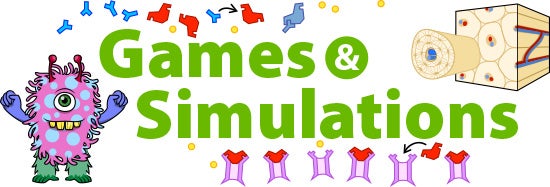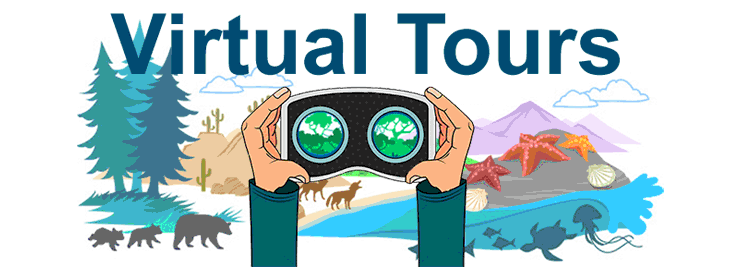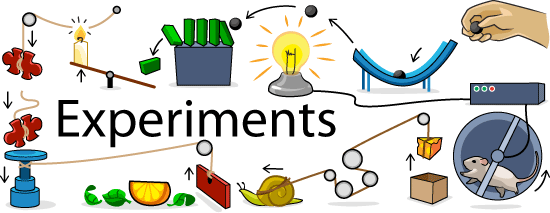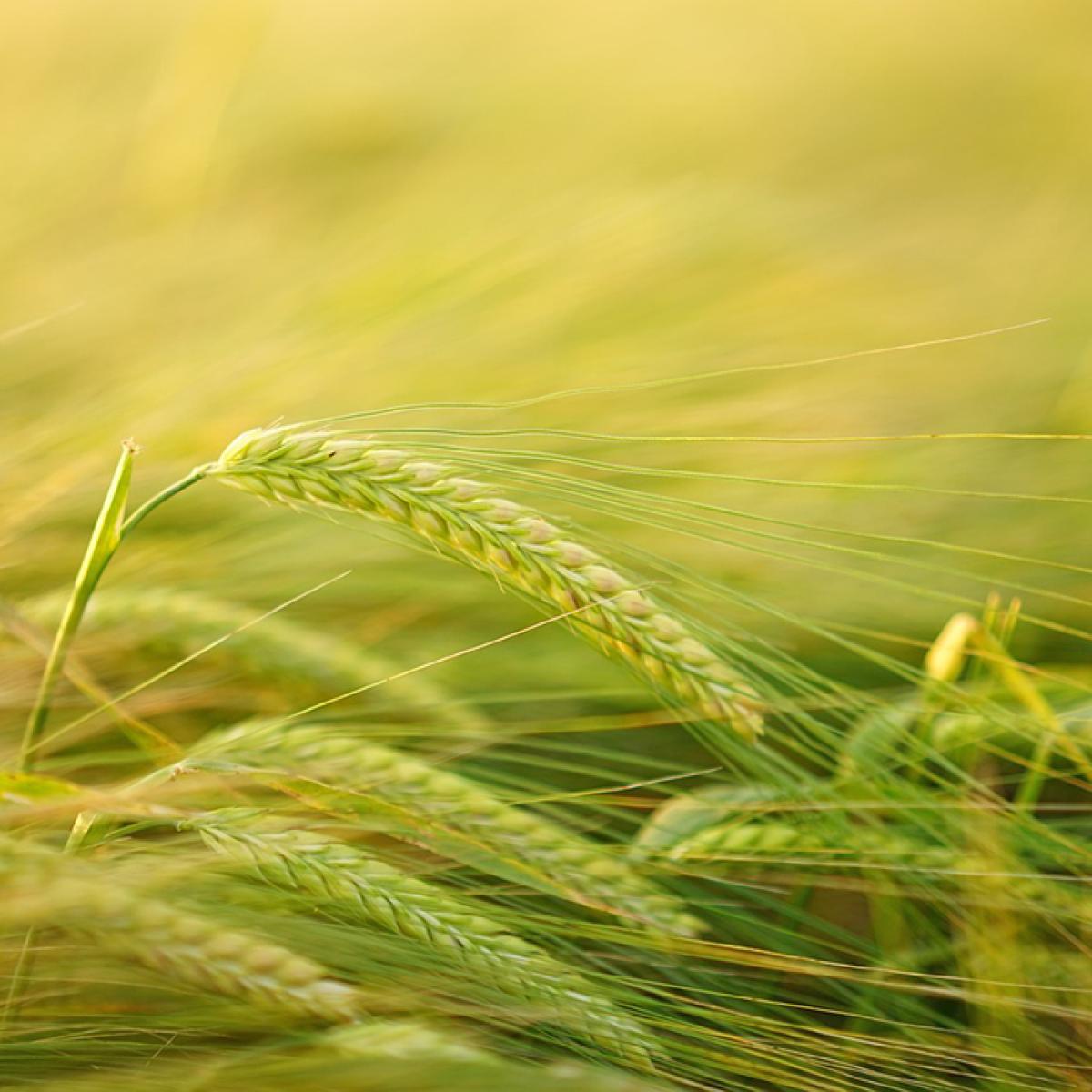Share Ask A Biologist
Ask A Biologist Sharing Resources
Like what you see and want to help share it with your friends and colleagues? Grab what you need here for an email, flyer, or just send the link to this page so others can start using our large collection of learning content. Below are some of our popular content items.

Games and Simulations
Our games and simulations are built to run on virtually any device. These short-play games allow you to integrate them into exiting course curriculum. We have over a dozen games to choose from. Some of our most popular are listed below. (Grades - 3-16)
- Peppered Moths (Natural Selection)
- Cell Game (Includes animal, plant, bacteria, fungi cell anatomy)
- Training Room Escape (Scientific Method)
- COVIDsim

Virtual Tours
Take students on a tour without leaving the classroom. These interactive virtual tours let you explore places and even travel in time to experience the seasons in a temperate forest. Be sure to find the Portal Jump Pad to move between biomes. (Grades - 2-16)
- Biomes (Part of our Boundless Biomes content)
- Laboratory Tours (Meet researchers)
- Beehive (ASU Bee Lab)

Experiments
We have a large collection of experiments that fit perfect in the classroom or at home. Here are just a couple of our most used experiments and activities. There is a lot more than these options so do be sure to visit the Experiments and Activities section.
Kitchen Science - with companion videos
- Seeing DNA (Banana DNA - grades 6-16)
- Breaking Proteins (Protein denaturing - grades 7-16)
Virtual Experiments
- Pocket Seeds (Seed germination - grades 5-12)
- Manduca Growth Experiment (Caterpillar experiment - grades 6-16)

Zoom Galleries
These are like having your own microscope. You can see feathers, ants, and tiger beetles up-close and personal, or explore the microsocpic world of plankton, pollen, and bones. You can jump in a try out a couple here.
- Bone histolgy (Part of our bone lab - grades 9-16)
- Plankton gallery (grades 7-16)
Younger Learners
A lot of the learning materials on the Ask A Biologist website are for grades 7 and above. There are specific areas that have been developed for K-6 students.
- Biology Bits (Bite-size learning - grades 3-6)
- Coloring pages and worksheets (Mix the fun of coloring with learning - grades K-12)
And That's Not All
If these don't capture your interest, there is so much more that can be found on the Ask A Biologist website. Here are some of our other sections that are worth investigating.
- Stories (About science and scientists - grades 7-16)
- Audio Podcast with Dr. Biology (Complete with content markers - grades 7-16)
- Content in 23 languages
- Comic books (Viral Attack and Microbes - grades 3-16)
Be Part of
Ask A Biologist
By volunteering, or simply sending us feedback on the site. Scientists, teachers, writers, illustrators, and translators are all important to the program. If you are interested in helping with the website we have a Volunteers page to get the process started.



